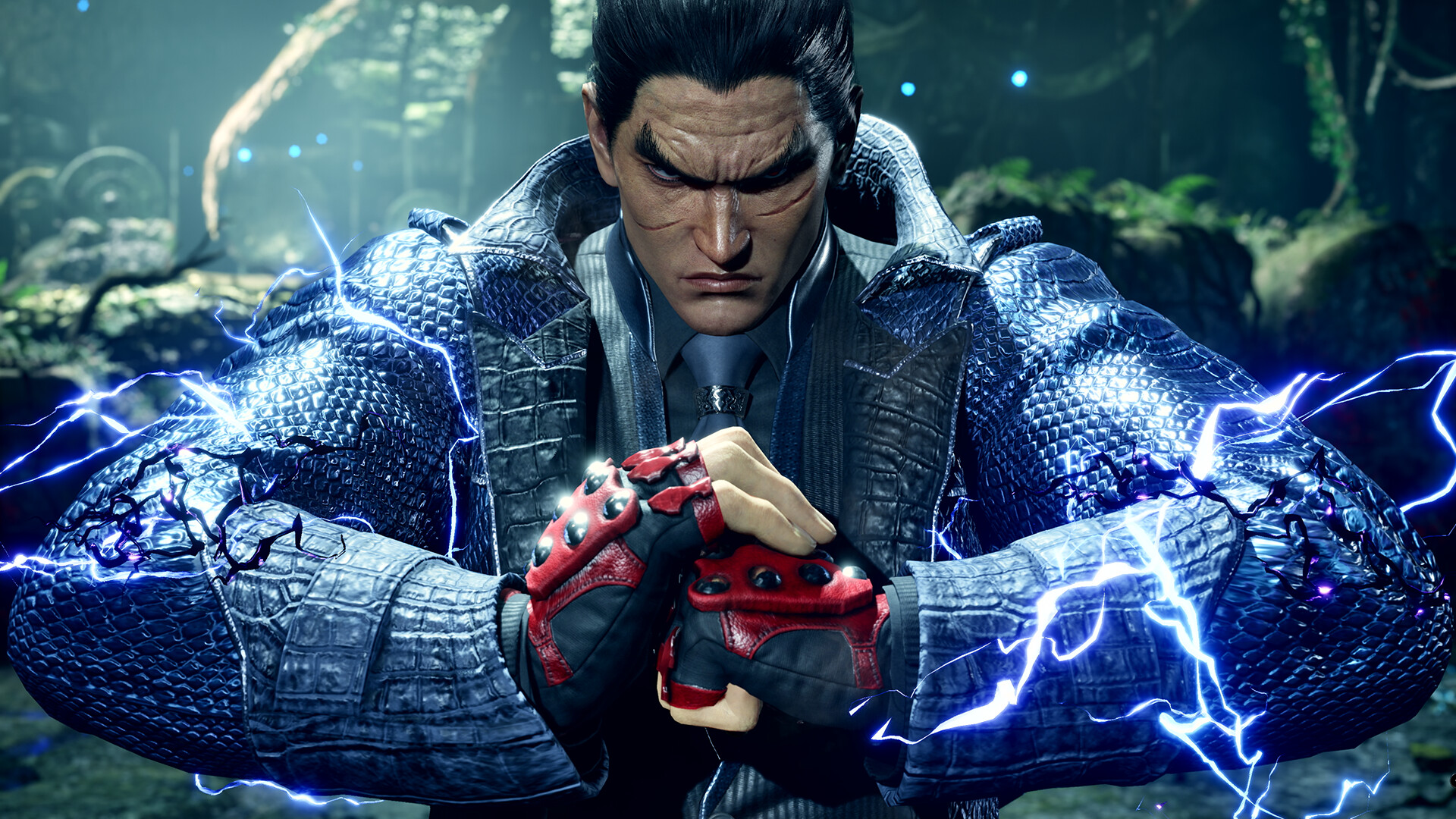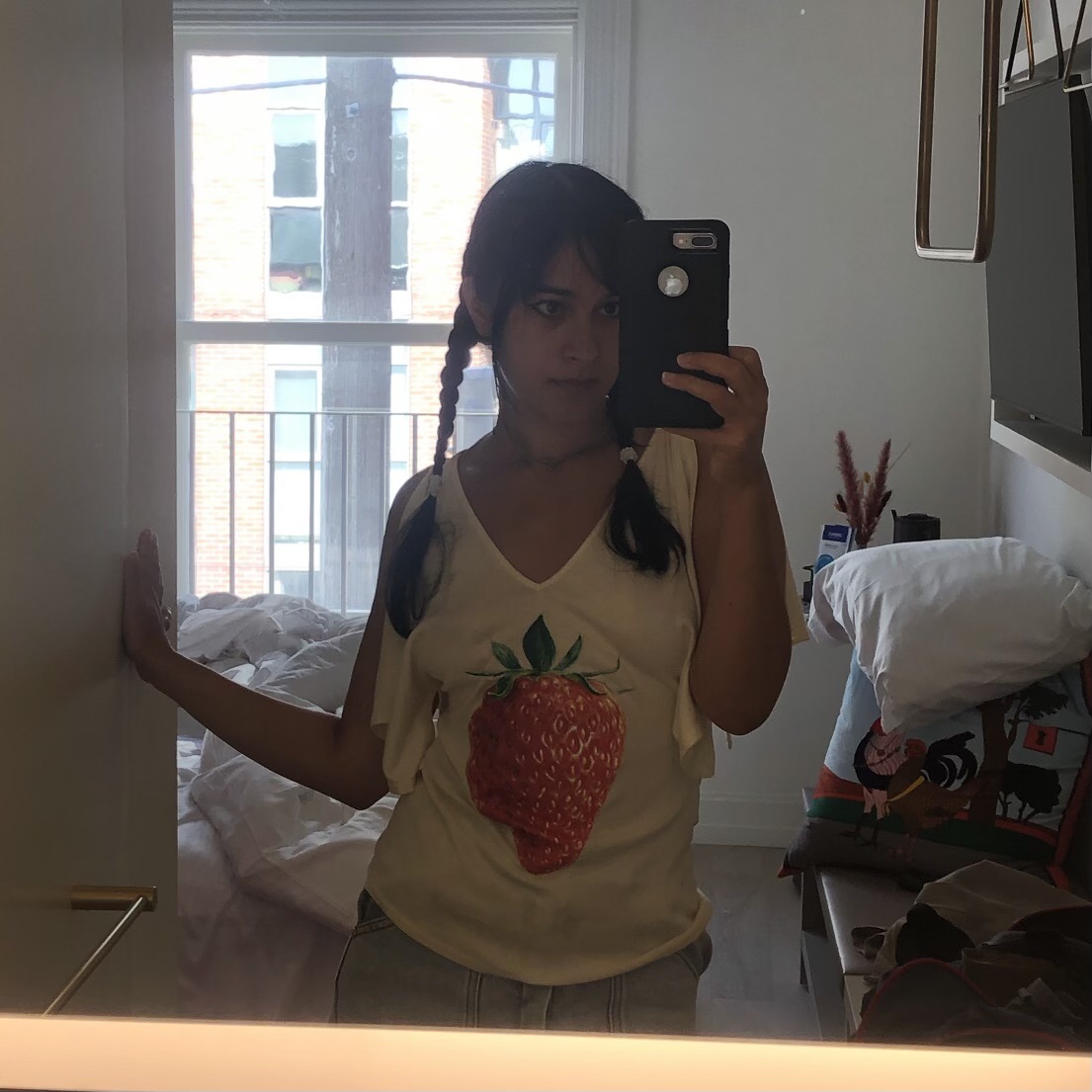Tekken boss says iconic ruffian Heihachi has so many "illegitimate children" he has trouble remembering them
Heihachi, you dog

Katsuhiro Harada, Bandai Namco's Tekken director, took to X to inform fans that series villain Heihachi Mishima might be even more wicked than originally thought. In addition to being a profoundly power-hungry maniac, Heihachi is also a terrible father.
OK, you probably already knew that. In Tekken 1, Heihachi tosses his five-year-old son Kazuya off a cliff, leading the child to make a pact with a demon and get strong. In Tekken 2, Heihachi gets rid of Kazuya again, this time, by dropping him into a volcano. He seems to be unfamiliar with "gentle parenting."
And he really is a scoundrel. In his X response to fan art of Kazuya's half-sister Reina calling Heihachi "father," Harada reminded fans that "Heihachi has numerous illegitimate children. I doubt if he remembers Reina very accurately."
It may not be worse than punting your toddler off a precipice, but I think willfully forgetting who your own children are is still pretty lowly behavior.
In his defense, I guess, Heihachi really does seem to have enough children to fill out an entire branch of government. Harada told Tekken fans in 2011 that Heihachi has "about 18-25 [illegitimate children] (all over the world) or more," though he can only "confirm 9."
"Imagine a Tekken game where the entire roster is composed of Heihachi sons," reads a popular Reddit comment. Or, now that Heihachi has been added to Tekken 8, maybe a future patch could let him deploy his children like throwing knives.
Weekly digests, tales from the communities you love, and more

Ashley is a Senior Writer at GamesRadar+. She's been a staff writer at Kotaku and Inverse, too, and she's written freelance pieces about horror and women in games for sites like Rolling Stone, Vulture, IGN, and Polygon. When she's not covering gaming news, she's usually working on expanding her doll collection while watching Saw movies one through 11.


